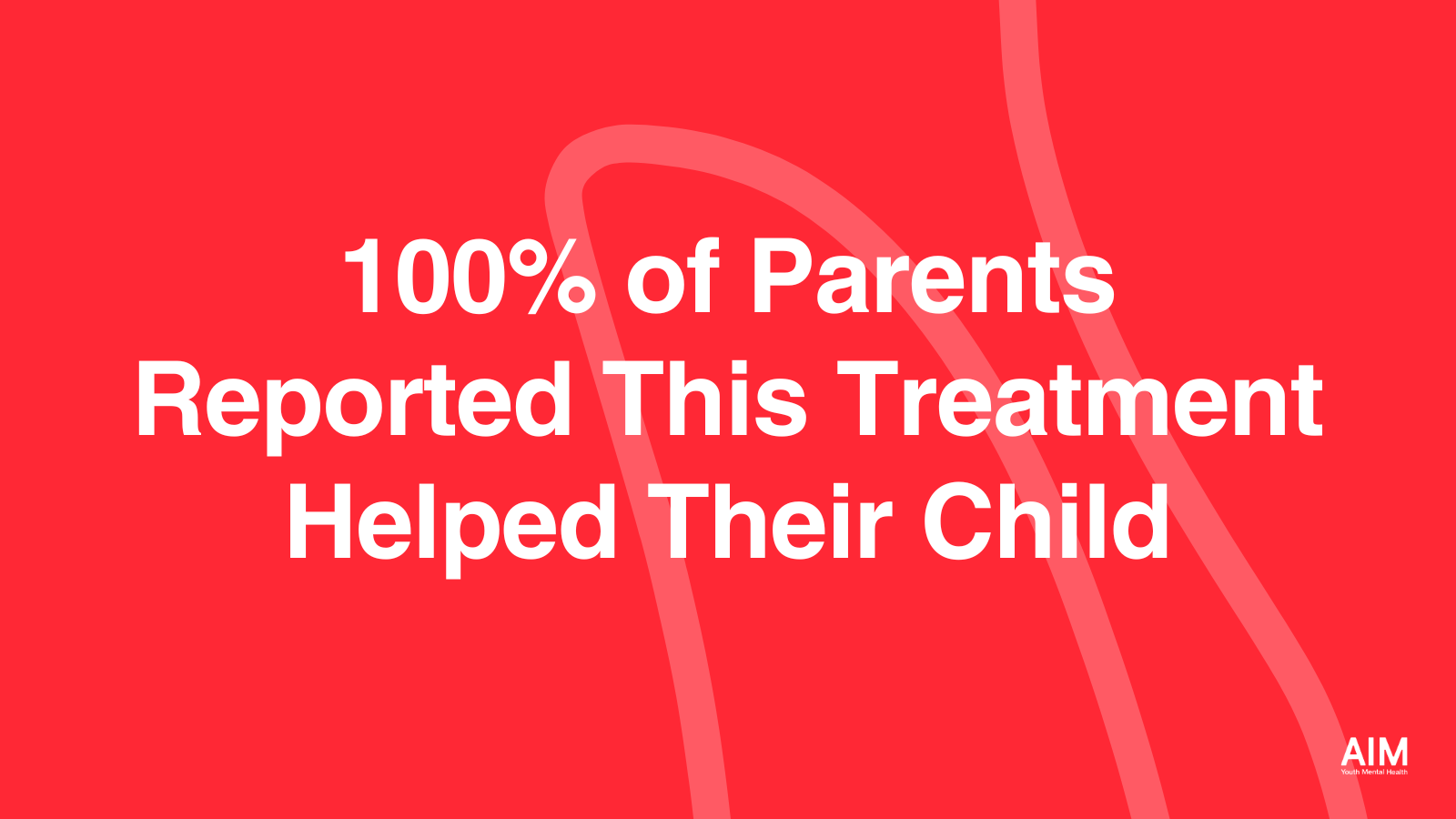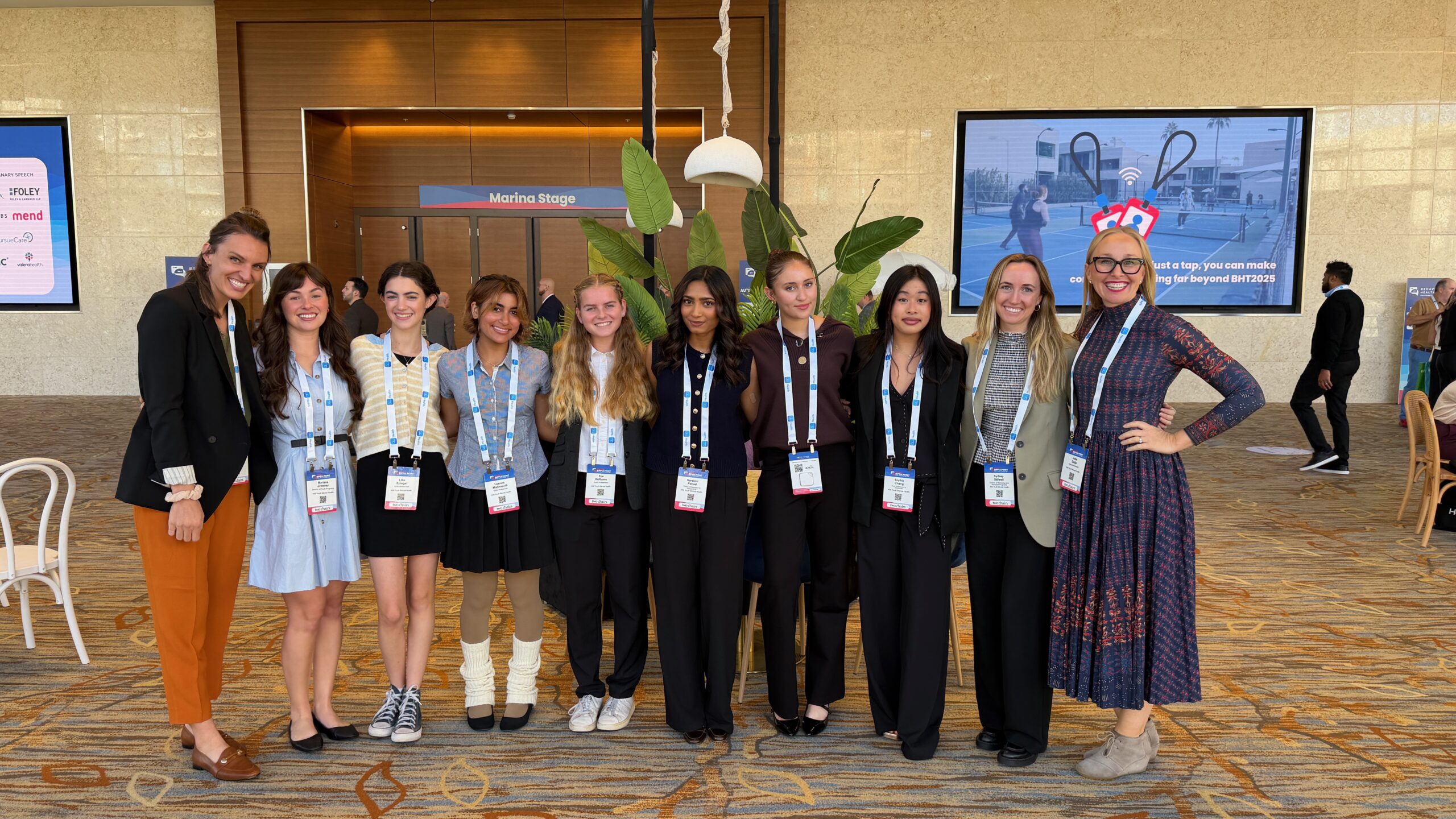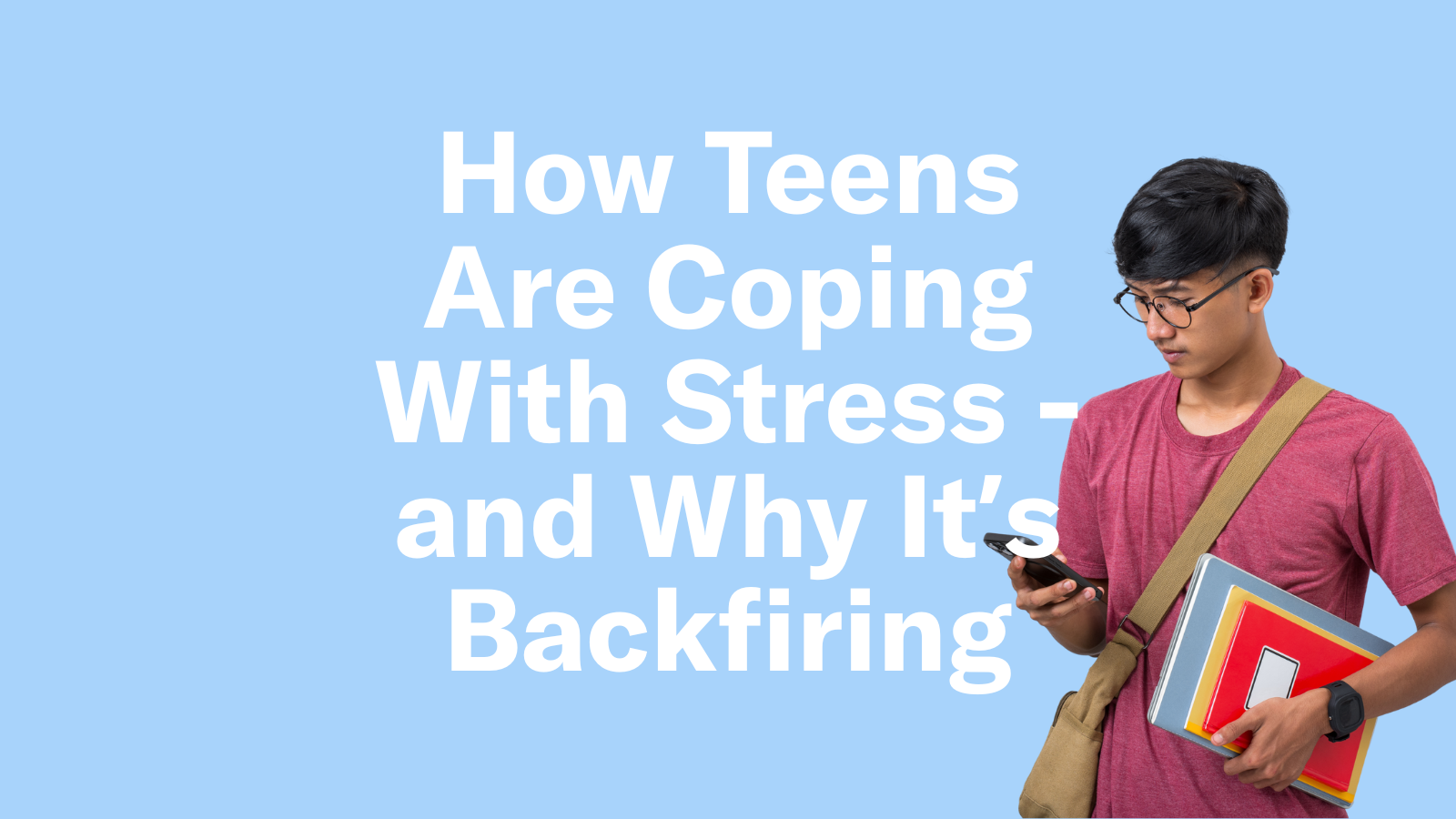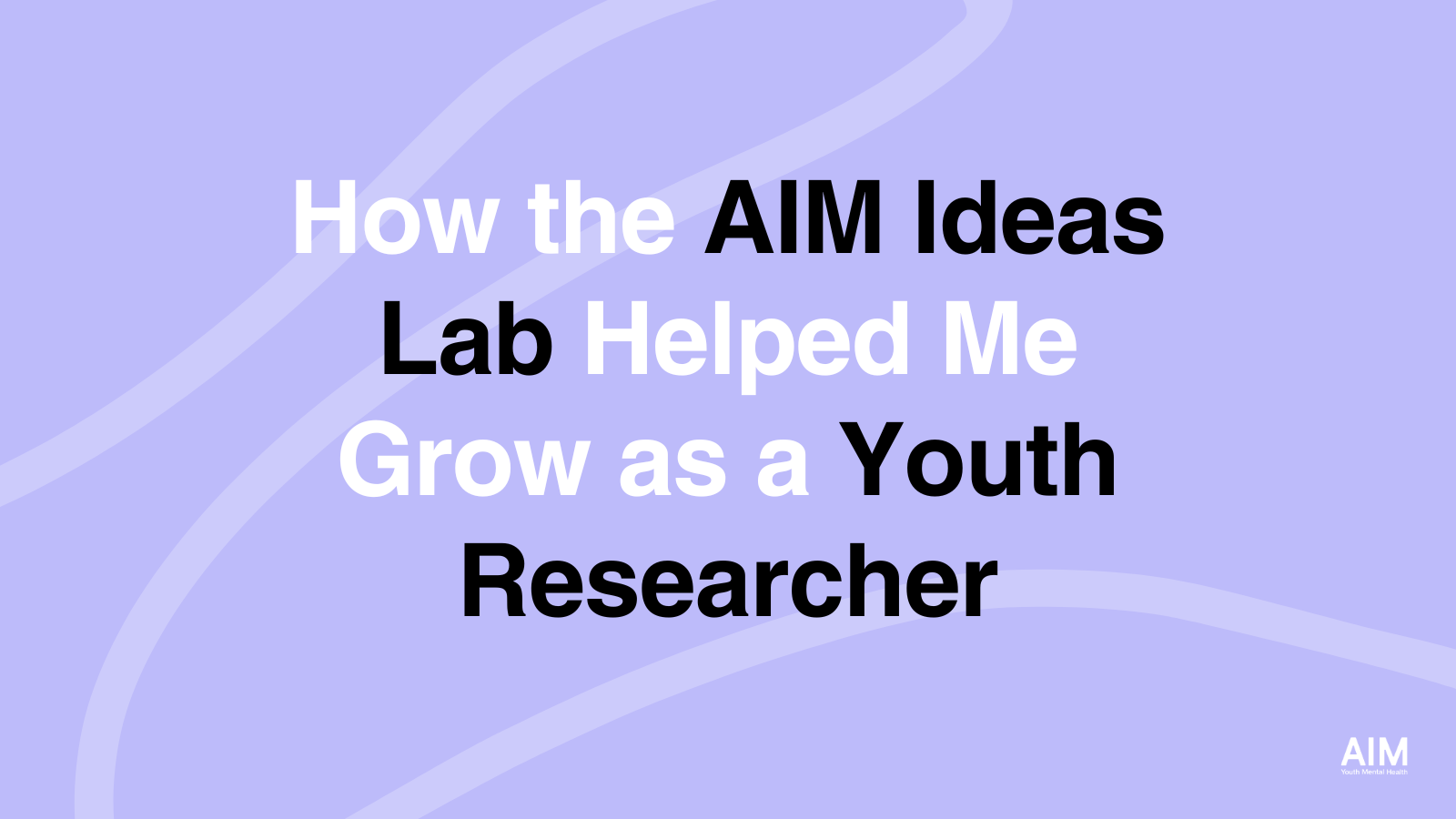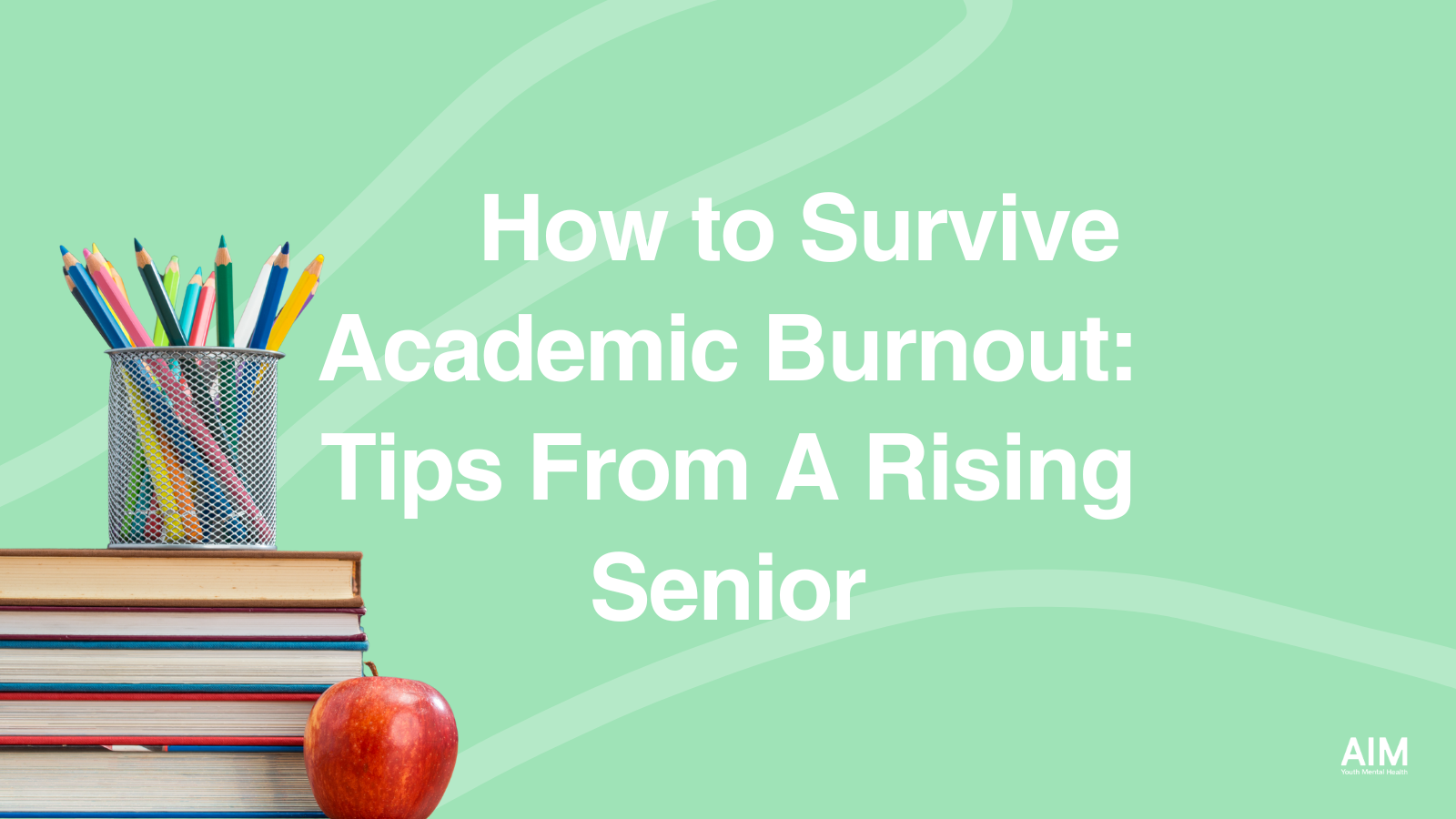Healing in community feels seemingly ubiquitous amongst mental health experts and advocates alike nowadays.
Family-based treatments (FBT) are an effective research-backed method of care for mental health challenges, particularly eating disorders. It involves the whole family working together to support a child’s recovery, rather than focusing on the child alone. It honors family members as a crucial part of a child’s support network and road to recovery. Rather than viewing a child’s family dynamics or environment as part of the problem, this approach focuses on the family as a key role in healing; empowering the whole family to take active steps in supporting recovery.
While these treatments are primarily sequestered to individual family participation in academic and specialty treatment settings (think school counselor’s, clinics, healthcare systems, inpatient program clinicians, etc), their efficacy is encouraging. With the limited access to care however, hopes of wider accessibility—like online and family group options—are promising ventures still being unfolded.
Including family in the treatment of an individual struggling with their mental health, especially a child, pulls in community for a robust and supportive healing approach. Which begs the question… what would happen if we pulled a double whammy with that community support?
What would it look like to participate in a family-based treatment amongst other families experiencing the same challenges you are? And, what if you could attend these programs virtually so that access to this care could open up even further?
Well, our AIM-funded researchers at Stanford set out to discover just that in this new study: Feasibility and acceptability of a pilot studying investigating multi-family parent-only guided self-help family-based treatment for adolescent anorexia nervosa by Matheson, B., Van Wye, E., Whyte, A., and Lock, J.
While family-based treatments are well-known, a parent-only self-guided version has only just begun to display some promising results in clinical trials. Not to mention, delivering this treatment digitally brings even more accessibility to said parents and poses an interesting variable to explore.
Each part of this amalgamation of care (family-based treatments, multi-family groups, and online platform delivery) have shown individual clinical promises. Our researchers set out to explore the promising discoveries of combining all three.
And they did so particularly within a group setting of parents with a youth (ages 12-18) experiencing anorexia nervosa (AN). Think of it like a family-based support group meets a psychologist-led class!
This AIM-funded research explored how a parent-guided FBT digital treatment group would address challenges to access to care, particularly when supporting youth with anorexia nervosa (AN). And the results were very promising!
The details:
- Thirteen youth (92% female; 23% Hispanic) experiencing AN and their parents participated in this study from April 2022-2023
- Parents joined small cohorts (3-4 families) to participate in 12 weeks of one hour video sessions with a clinician (psychologists with expert training in EDs and FBT), following a curriculum similar to a class
- The program covered topics from all three phases of family-based treatment based on previous research. These three phases included:
- Phase I: parents are empowered to renourish their child (help with weight gain and/or re-establishing regular meal and snack intake) and to help their child stop any behaviors that are maintaining the eating disorder
- Phase II: management of eating behaviors are transitioned (gradually) back to the young person; special focus is also given to helping the young person re-integrate back into social contexts, particularly social eating experiences
- Phase III: the eating disorder is largely alleviated and thus treatment then focuses on typical adolescent developmental challenges families might face
- Parents also read recommended readings from the book Help Your Teenage Beat An Eating Disorder
Overall, by the end of the study, almost all parents found the treatments helpful and their youth put on weight. Some impressive findings include:
- 100% of parents reported that this specific style of treatment helped their child
- 90% of parents reported that their child had improved by the end of treatment
- 84% of parents felt supported by their cohort
- 79% of parents agree/strongly agree that treatment sessions were helpful
- Parental self-efficacy also increased by end of treatment
- Challenges the researchers experienced were primarily in recruitment and adolescent data collection
Overall, our researchers aimed to enhance access to family-based treatments for youth anorexia nervosa while providing additional support for parents, and they did just that.
These results suggest that implementing this online format in an academic and/or medical center setting is not only feasible to parents of adolescents with AN, but also helpful!
This opens up the possibilities to the scope of care we can provide for youth experiencing eating disorders. Future research to explore some of the challenges these researchers experienced, as well as larger scale randomized trials will be needed to further assess efficacy and address challenges for wider implementation. Dr. Brittany Matheson, lead researcher, explains that “the next steps are testing the multi-family version of guided self-help in randomized research trials and then disseminating the treatment, should it prove efficacious, to other treatment centers and settings.”
Dr. Matheson continues, “currently [this treatment] is only available in a research setting but eventually would be great to increase access. Our research team is very thoughtful about developing and testing interventions that can be widely disseminated to improve access to evidence-based treatments for youth with eating disorders. Virtual care delivery platforms allow us to do just that!”
Onwards and upwards!
____________________________________
About the Author
Meadowlark Monaghan (she/hers) is a consultant using her knowledge gained as a mental health professional to act as a liaison between brands, creators, + online communities with the field of psychology and mental health. She also co-hosts the personal development podcast, Thoughts May Vary. Her work has been seen with Madhappy, Local Optimist, The Mayfair Group, Lonely Ghost, AIM Youth Mental Health, NAMI San Diego and more.
